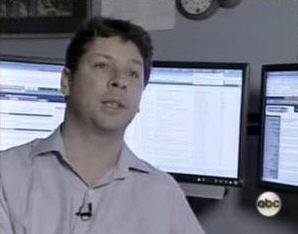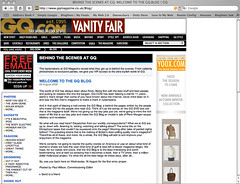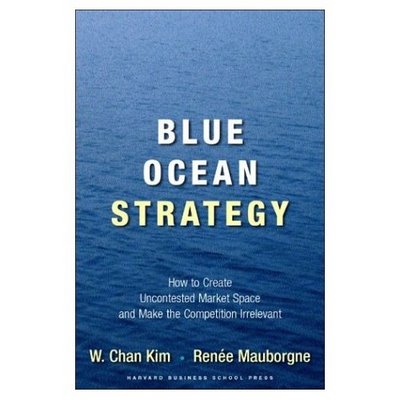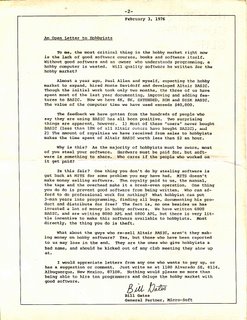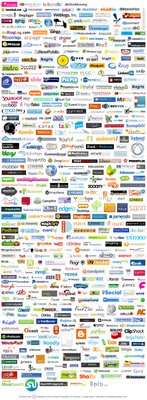 Over on his blog Jason Goldberg is asking What is Web 2.0 and the replies have been varied. My answer was:
Over on his blog Jason Goldberg is asking What is Web 2.0 and the replies have been varied. My answer was:
Web 2.0 is a phenomena, a collective state of mind, that we only see the symptoms of now and will not know the true impact until it has past, just in the same way that people who went to Woodstock wouldn't have been able to truly appreciate the lasting impact on society that the 60's counterculture they were a part of would have.
If you look at the PC age many of the key moments in that were driven by a 60s counterculture world view like the Homebrew Computer Club, the founding of Apple and the Internet age with the Electronic Frontier Foundation, one of the first ecommerce and music sites by The Grateful Dead to name but a few.
Web 2.0's proponents are largely too young to have experienced the counterculture first hand but have been the children of some of its benefits. The fact that with open standards, a bin of PC parts and freely downloadable software you can build a web application that becomes meaningful to the lives of people around the globe like flickr or MySpace is mind-blowing.
In sharp contrast to The Man, represented by traditional media companies, web 2.0 recognises that by sharing everyone can benefit. By providing open APIs a web application can be made more relevant, meaningful or get taken in a different direction with creative new ways.
There is a recognition that with this openness comes responsibilities to attribute where you have borrowed and to be mindful that the privacy of the analogue world is not in the digital world online.
Web 2.0 is not about just putting community tools out there but also carefully managing those communities in an open and fair manner whilst not cramping their style. It means building a business without abusing the goodwill of the users, empowering them to create their own content without creating indentured knowledge workers. AJAX, APIs, Ruby on Rails, Google text adverts, photo galleries, blog publishing tools, reflective corporate logos and lime green web pages are merely symptoms of that phenomena.
You can find the permalink
here.
Jason's day job is CEO of
Jobster (a client of
Waggener Edstrom Worldwide, the people who keep my bank manager happy). And since I don't talk about present clients on this blog you'll just have to go
here instead, if you want to find out anything.
Image by
Ludwig Gatzke: Logo 2.0 part one.


